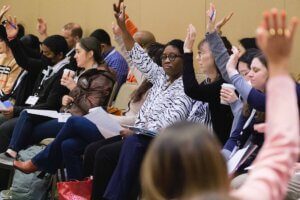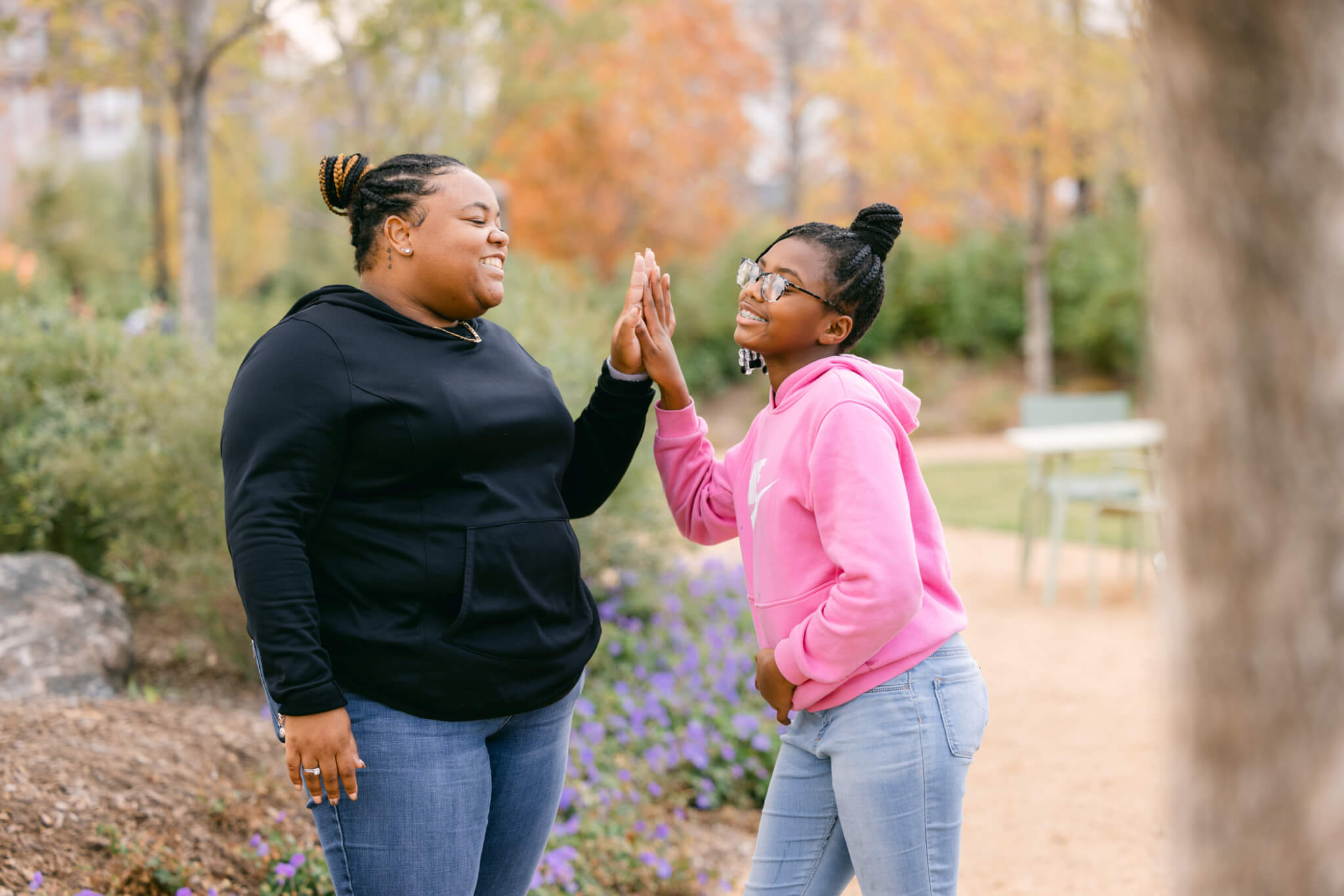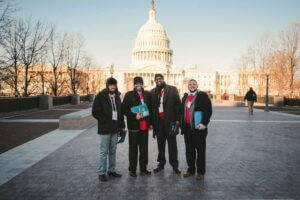Why is the Mentoring Gap Widening?
In 2014, research by MENTOR found that one in three young people in America had grown up without a mentor.
Nearly a decade later, we expected our latest report, Who Mentored You?, would show an increase in mentor support for today’s youth.

Unfortunately, that turned out not to be the case.
Compared to the Millennial generation that had participated in prior studies, today’s 18–21-year-olds are 9 percentage points less likely to have had any mentor growing up. While program mentoring experiences have not declined in that time, they haven’t grown either. Most troubling is that today’s youth have experienced a sharp decline in the naturally-found mentoring relationships that they have with teachers, coaches, neighbors, extended family, and others in the community.
As we dug deeper into the data, we were heartened to learn that many groups of youth (e.g., BIPOC youth, LGBTQ+ youth) hadn’t experienced such sharp declines, but the overall trend was clear. Most disturbingly, we found that 6% of Gen Z, about 2 million youth, reported having no mentor and no meaningful adult of any kind while growing up.
Regardless of race, ethnicity, or socioeconomic status, Gen Z overall has seen a dramatic decrease in mentoring support. Which leaves us asking ourselves the question – why is the mentoring gap widening?
- The Impact of COVID-19: Perhaps the most obvious and recent factor, the COVID-19 pandemic, paused and even permanently shuttered mentoring programs for considerable amounts of time, while also limiting the access the nation’s youth had to their naturally sourced mentors. Unfortunately, with almost one in every three hundred Americans dying in the pandemic, only some of this can be attributed to mentors no longer being with us. However, our data shows s that this trend started years before the pandemic, which suggests the influence of other factors as well.
- Socioeconomic Equality in America: The number of adults who pursue volunteer opportunities is directly linked to the amount of free time and resources they have on hand. However, more adults are living under economic stress, taking on second or even third jobs just to make ends meet – limiting their chances to form relationships with youth in their own communities or dedicate time to mentoring in programmatic contexts.
- Deepening Racial and Social Divides: While there certainly has been progress on rectifying racial and social inequities, there has also been a subset of the population who choose to lean into these divides. Often these groups specifically target the communities most often directly supported by mentoring programs, viewing minoritized youth and families as an existential threat and limiting their avenues of support. |
- Specification of Who Mentoring Serves: Mentoring programs are becoming more specific in their qualifications with an increased focus on serving middle-to-low-income youth, youth of color, youth in non-English speaking households, and more. This can be attributed to shifts deriving from policymaker and philanthropy efforts that look to mentoring to solve intractable social problems. While these programs are offering support to young people who require it most, they may be accidentally spreading a message about who exactly needs and benefits from mentoring. Mentoring is helpful to ALL people in society.
- Shifting Barriers: Long waitlists for mentoring programs, lack of specific programming for specific needs, and social stigma all tie into the widening gap, either from inability to meet the demands for mentors or judgement from peers that look down on mentoring. Another critical factor to take note of is how the sharp uptick of mental health challenges faced by youth and adults alike can limit an individual’s ability to participate in the very relationships that can help them.
These reasons explain why the mentoring gap is growing larger and are substantiated by the data which clearly speaks to the rising need for mentors across the country. Adults of the nation are in a position to step up for youth in a way that matters, but simply haven’t been doing enough collectively. And for us, that is our movement’s rallying cry. This study gave voice to a growing chorus of young people asking more of their communities, and we must rise to meet the challenge.
There are tremendous opportunities to grow our movement and continue to involve Americans of all backgrounds to begin to address the issues stated above while also deepening our commitment to the youth of today. Because every young person deserves a mentor – no matter the obstacles.


